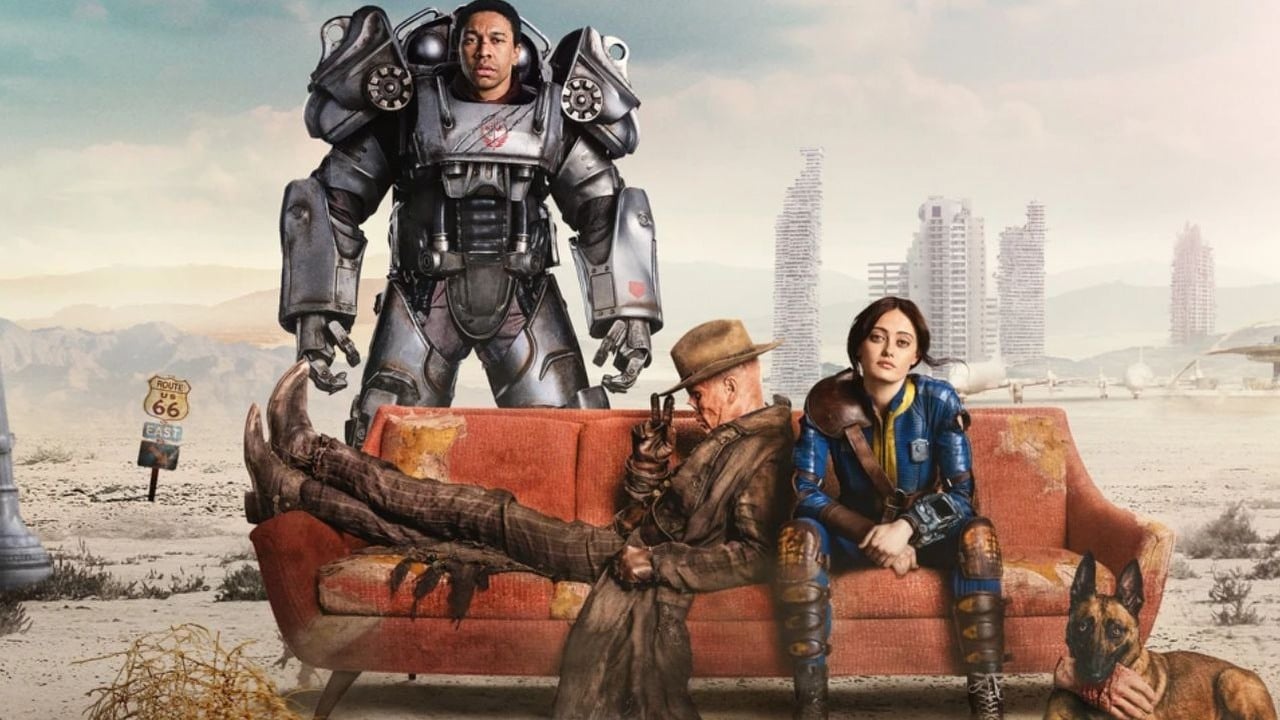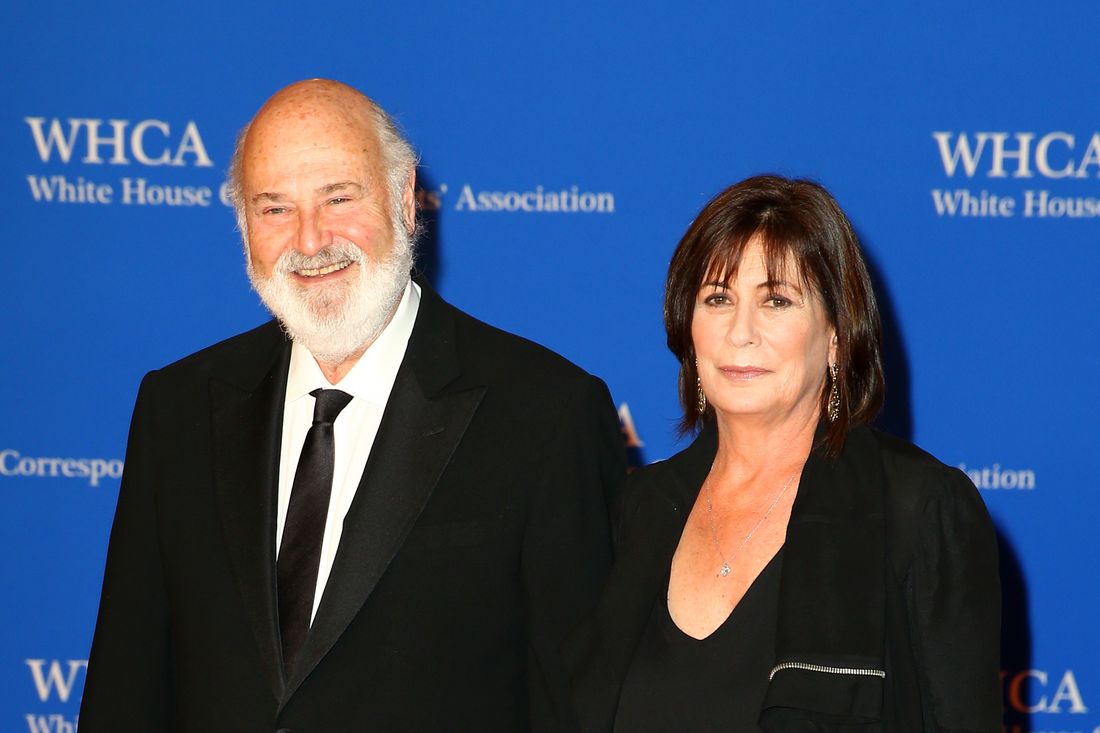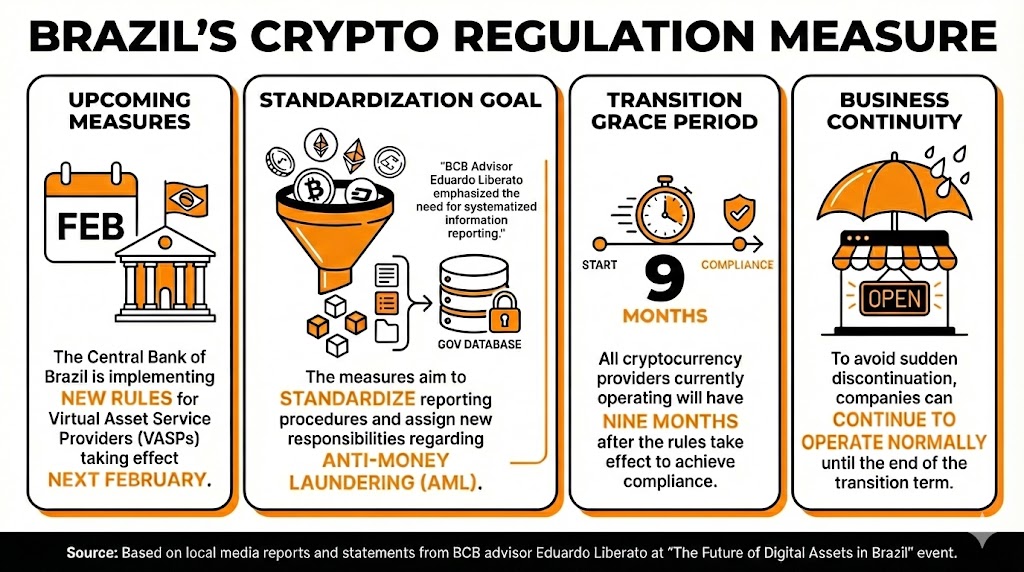Oversight or something deeper? There may be a detail in the Fallout series that contradicts the first game

It’s understandable that fans are trying to link the story with what’s shown in the games. Many have pointed out some details that don’t quite add up when it comes to how the world ended and was rebuilt.




